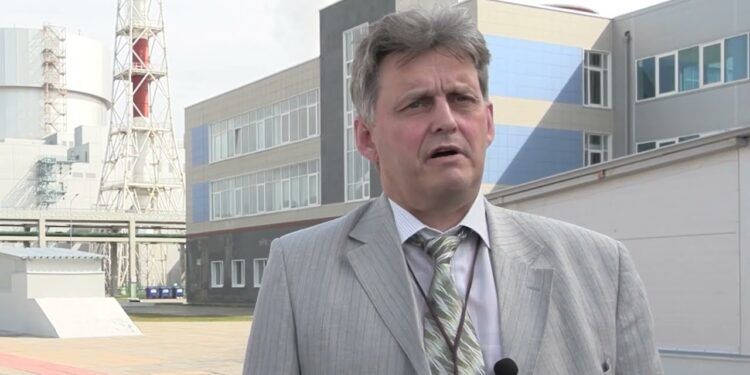
Russia’s state-owned Leningrad nuclear station is readying itself for decommissioning old reactors.
Despite a global shift towards renewable energy, Russia, after 50 years, is looking to advance nuclear science with newer, more technologically advanced units.
2023 Marks Russia’s Leningrad nuclear power station’s 50th anniversary. Leningrad is responsible for roughly 20% of the country’s energy mix, producing 4400 MW.
Its reactors are fast approaching the final stages of their life cycles and are due for decommissioning in 2025.
WATCH: Inside Leningrad power station
Nuclear power safety
But Russia isn’t moving away from nuclear energy anytime soon. The country is instead replacing the old RBMK-1000 units with more powerful, safer and automated VVER 1200 reactors.
The main advantage of these (VVER1200 reactors) is the advanced safety; the design of these power reactors was developed in 2007. The main feature of this reactor is that we will not see a repeat of what happened with the Fukushima reactor. It’s not possible with VVER reactors.
Despite having roots in one of the worst disasters in nuclear power history, Russia has turned hard lessons from its past into scientific advancements.
In 2012 and 2013, Leningrad won third place in the annual contest for the Best Nuclear Power Plants of the Year.
Then, in 2016, it received accolades for best human resource practices, solving social issues and corporate charity development.
Russia also drives skill-sharing programs with African youth interested in pursuing a career in the field.
Russia’s dogged focus on nuclear energy reflects a BRICS-wide commitment towards developing energy infrastructure and technology in the emerging nations’ block.
Energy security in these countries translates to increased GDPs and holding their own on the world economic stage.
Patricia Mantula
